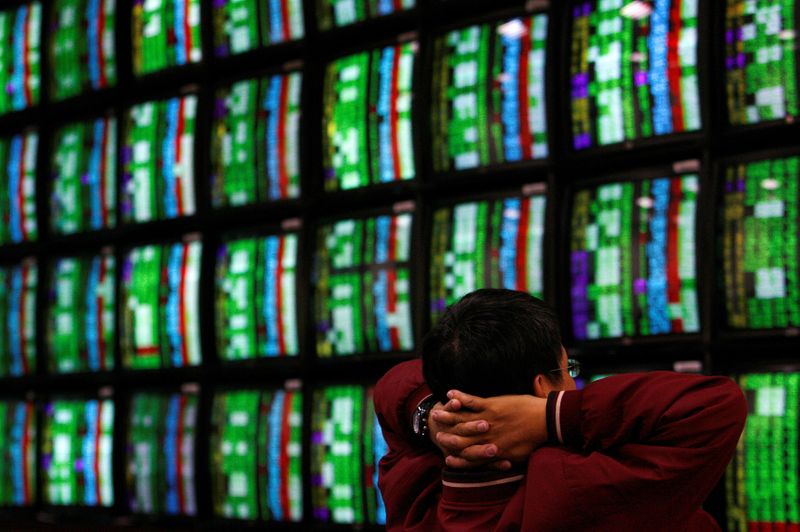LONDON (Reuters) – The dollar jumped on Wednesday as strong U.S. retail sales data fuelled bets on earlier Federal Reserve interest rate hikes, with the pound also climbing after inflation in Britain hit its highest for ten years.
The dollar rose to its highest against the Japanese yen since March 2017 after U.S. data on Tuesday showed stronger-than-expected retail sales last month.
With inflation running high, the figures boosted expectations of a rate hike as early as mid-2022. Investors also think the data could encourage the Fed to accelerate the tapering of its asset purchase programme.
"Ultimately we're in a place where it looks like growth is still pretty strong," said Mike Bell, global market strategist at J.P. Morgan Asset Management. "The Fed is going to taper before they put rates up, and I think that's supporting dollar."
The greenback rose as high as 114.98 yen before last changing hands flat at 114.77, with the euro dipping to $1.1263 for the first time since July 2020.
The dollar index – which measures the currency against six rivals – climbed to 96.26, its highest since last July. Its strength weighed on U.S. Treasuries, with benchmark 10-year note yields reaching a three-week high of 1.649% in Asian trading hours. [US/]
Equity markets held their ground. The broad Euro STOXX 600 edged up 0.2%, on course for a sixth day of gains and close to record highs.
German medical tech firm Siemens Healthineers gained as much as 5.5% after raising synergy targets from its purchase of U.S. peer Varian earlier this year.
Yet British shares fell 0.2%, stifled by the pound hitting its strongest in 21 months against the euro after inflation soared to a 10-year high, bolstering bets for a Bank of England rate hike.
Against the U.S. dollar, sterling gained 0.3% to $1.3480, its highest since Nov. 10. Analysts said the BoE would likely raise rates, after surprising investors by keeping policy steady last month.
"Any reversal in expectations is likely not imminent after the inflation data just released," MUFG analysts wrote. "Some well-telegraphed factors helped drive inflation higher... We don’t think the data changes the dial much in terms of the BoE response."















